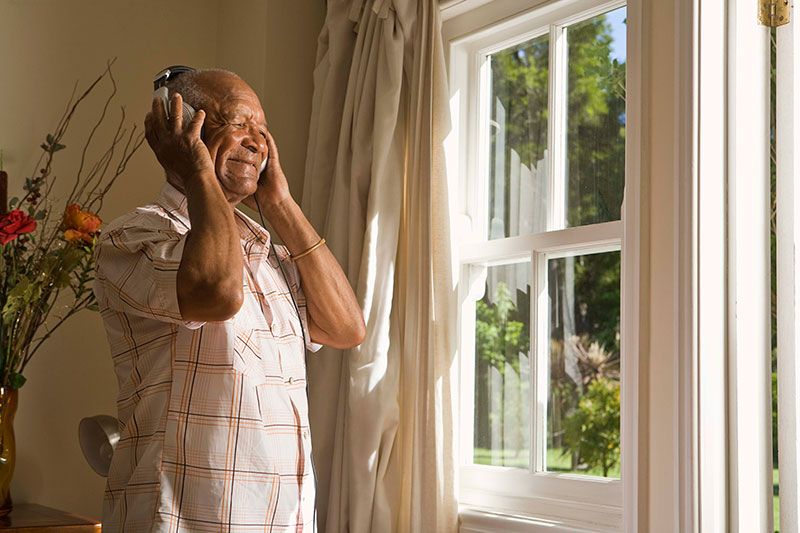How Mental Singing Helps With Mobility Problems in Parkinson’s

Dad used to walk with confidence, his steps quick and sure. Now, his stride is slower and his balance uncertain. Mobility problems in Parkinson’s have changed the way he moves, making each step something he has to think about. But a surprising technique discovered by researchers is giving many people renewed steadiness—and it’s as simple as having a tune in your head.
This technique is called mental singing. It involves silently singing or humming a familiar song internally, allowing your brain to reestablish rhythm and control. For people with Parkinson’s, that rhythm becomes a cue the body can follow, helping to smooth out movement and restore a sense of confidence.
When Parkinson’s Affects Mobility
Parkinson’s interferes with the brain’s communication system that controls timing and coordination. This disruption makes walking feel awkward and unpredictable. Steps often shorten, speed decreases, and sudden “freezing” moments can cause hesitation or loss of balance.
For years, therapists have used external cues—such as rhythmic clapping, tapping, or playing music—to help people regain fluidity in their stride. These external rhythms train the brain to sync with an outside beat. But researchers have found that internal cues—like singing a song silently—can be just as effective, if not more.
What Research Shows
At Washington University, researchers asked adults over 50 to walk three different ways: without music, with rhythmic music playing, and while mentally singing a tune.
Here’s what they learned:
- Participants instinctively matched their steps to the rhythm, whether external or internal.
- Mental singing created the most stable walking pattern, improving stride length and balance.
- The most successful results came when participants chose a tempo that matched their natural walking pace.
Dr. Gammon Earhart, the study’s lead author, noted that coordinating movement to one’s own internal rhythm can reduce irregular steps and enhance balance.
Why It Works
Music activates the same brain regions that govern motion and emotion. Even when imagined, it stimulates rhythm centers that help coordinate muscle movement. For those with Parkinson’s, mental singing becomes an inner metronome—always available, personal, and easy to use.
Unlike external music, which may not always be accessible, mental singing requires no equipment. It can be done in the grocery store, on a short walk, or even while moving around the house. Familiar tunes can also lift mood and spark positive memories, which adds emotional benefit to the physical improvement.
How to Try It
If someone you love has Parkinson’s, encourage them to:
- Pick familiar songs. Classics or hymns with steady rhythms work best.
- Match their natural pace. Keeping the rhythm consistent helps prevent imbalance.
- Practice daily. Try it during walks or simple activities like folding laundry.
- Make it enjoyable. Walk together and hum along to the same beat.
Finding Joy in Movement
Parkinson’s may change the way a person walks, but it doesn’t have to take away the joy of movement. At Traditions Home Health Services, we help families rediscover confidence through compassionate in-home support, engaging activities, and personalized care.
Contact our care team at (617) 376-3711 today to learn more about our Parkinson’s care services in Newton, Milton, Westwood, and throughout Eastern Massachusetts, with live-in care available throughout Massachusetts, Connecticut, and New Hampshire. Together, we’ll help every step feel a little more certain and connected.



